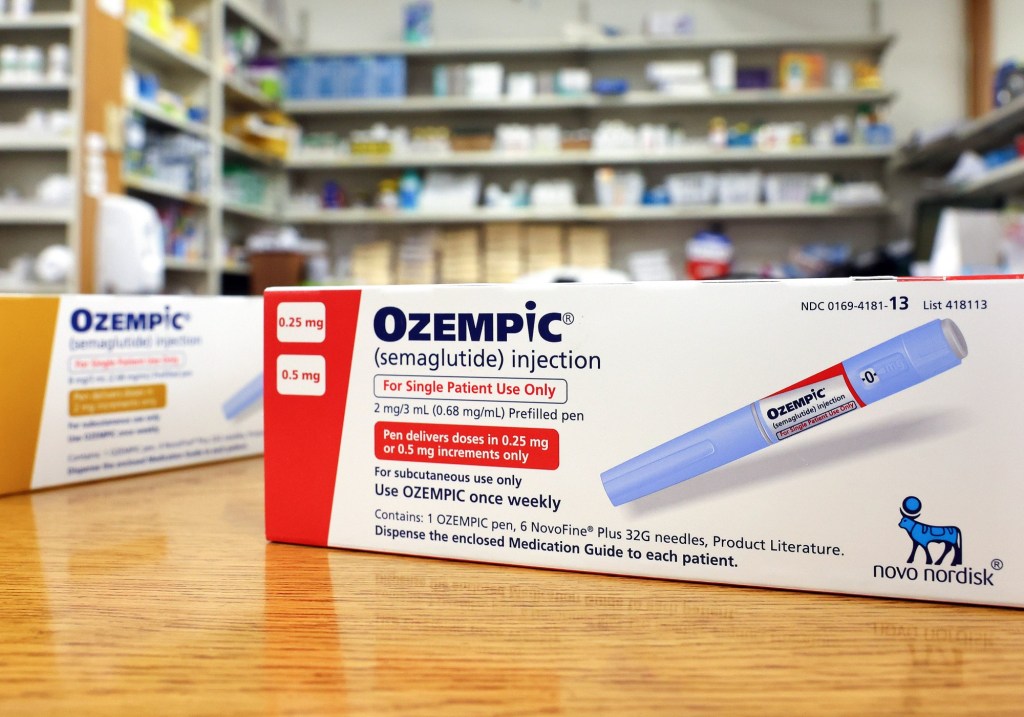By Madison Muller, Bloomberg News (TNS)
For the first time in a decade, obesity in the US is declining — and a new study suggests it’s because of wildly popular medications such as Ozempic.
The number of obese Americans has been steadily climbing for years, and the country’s average body mass index, or BMI, has been creeping up along with it. But in 2023, something changed: Obesity levels fell to 43.96% from 44.1% the year prior. It’s a small decline, but a meaningful one, researchers say. The biggest change occurred in the South, according to the analysis, which also had the highest concentration of prescriptions written for the drugs.
The findings, published Friday in JAMA Health Forum, suggest that blockbuster medications such as Novo Nordisk A/S’s Ozempic and Wegovy and Eli Lilly & Co.’s Mounjaro and Zepbound may actually be starting to move the needle on America’s obesity epidemic.
“We’re already seeing the impact in the data,” Benjamin Rader, the computational epidemiologist at Boston Children’s Hospital who led the study, said in an interview.
Rader and his colleagues analyzed electronic health records and de-identified insurance claims from millions of American adults to track the prevalence of obesity over the last decade. They used the claims data to map prescriptions for drugs such as Ozempic and Mounjaro, part of a class of medications known as GLP-1s.
Millions of Americans struggle with obesity, which is known to increase the risk of dangerous health conditions including diabetes, heart disease and cancer. The rising percentage of overweight and obese Americans is expected to strain the health-care system and boost medical costs significantly over the next quarter century if the trend doesn’t reverse, according to a recent study in The Lancet medical journal.
Safe and effective weight-loss medications have the potential to change that trajectory, experts said, but their use has been hampered by widespread supply…
Read the full article here







